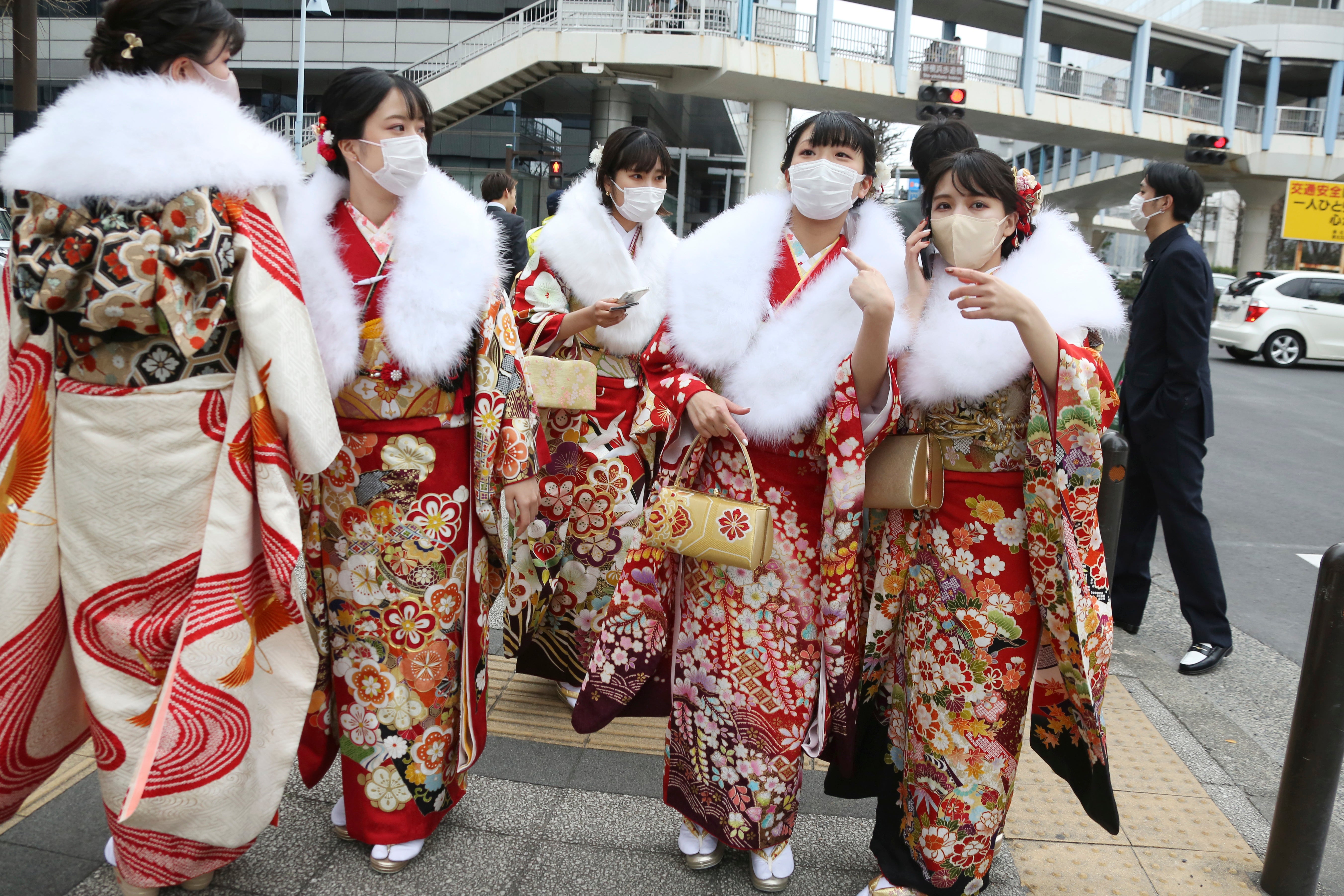Japan keeps border controls as it prepares for omicron surge
Japan says it will keep its borders closed to most foreign citizens through February as it attempts to accelerate coronavirus booster shots for elderly people and expand hospital capacity to cope with the rapidly spreading omicron variant

Japan will keep its borders closed to most foreign citizens through February as it attempts to accelerate coronavirus booster shots for elderly people and expand hospital capacity to cope with the rapidly spreading omicron variant, Prime Minister Fumio Kishida said Tuesday.
Japan briefly eased border controls in November after COVID-19 cases rapidly declined, but quickly reinstated a ban on most foreign entrants after the highly transmissible new variant emerged.
Kishida said the stringent border controls have helped slow the variant's spread and “bought time” to prepare for an imminent surge.
Japan had few cases until late December, but infections have since shot up to thousands a day.
Last week, Kishida placed three prefectures where infections apparently spread from U.S. military bases — Okinawa Yamaguchi and Hiroshima — under a pre-emergency status in which eateries were requested to shorten service hours.
But the rollout of booster vaccines, which started with medical workers in December, has been slow. As of Friday, only 0.6% of Japan's population has received a third shot, prompting experts to urge the government to speed up doses for elderly people.
Health Minister Shigeyuki Goto on Tuesday attributed the delay to preparations by local municipalities, rather than shortages of imported vaccines.
Kishida said government and municipal mass vaccination centers will be set up to speed the booster shots.
A further upsurge in cases is feared following the New Year holidays and a three-day weekend, a time for traveling and parties for many Japanese.
On Monday, Tokyo reported 871 new COVID-19 cases, an eight-fold increase from a week earlier. Nationwide, Japan reported 6,438 new cases for an accumulated total of about 1.77 million, including about 18,400 deaths.
Experts say a majority of the cases are now caused by omicron.
Kishida noted that there still are many “unknowns” about omicron, but it could be milder and less fatal than previous variants. That could mean that more patients will stay at home. The government has been working to reinforce remote monitoring and medical care by community doctors, Kishida said.
“We will respond flexibly to new findings,” Kishida said. “What's important is to protect people's lives.”